Town of Eatonville
Master Planning Process
Shaping the future of The Historic Town of Eatonville by enhancing community assets, addressing needs, and fostering progress for a vibrant, prosperous, and inclusive town.
WHY A MASTER PLAN? WHY NOW?
Guiding Eatonville’s growth with vision, consistency,
and your community values
There is no time like the present to invest your time, talent, and feedback into a master plan that ensures Eatonville’s future development aligns with our community’s aspirations, preserving its legacy while embracing opportunities.
1887
Incorporated
1.1
Square Miles
2,283
Estimated 2022 Population
Infinite
Possibilities
Vision Planning
To Plan for Eatonville’s Future, We Must First Look to a Storied History
Founded in 1887, Eatonville holds a unique place in American history as the first town organized, governed, and incorporated by African-American citizens. This rich heritage shapes our approach to the master plan, honoring the town’s legacy while guiding future growth.
By reflecting on our shared past, we aim to preserve Eatonville’s cultural identity and enduring spirit, ensuring that development initiatives respect and enhance the town’s history.
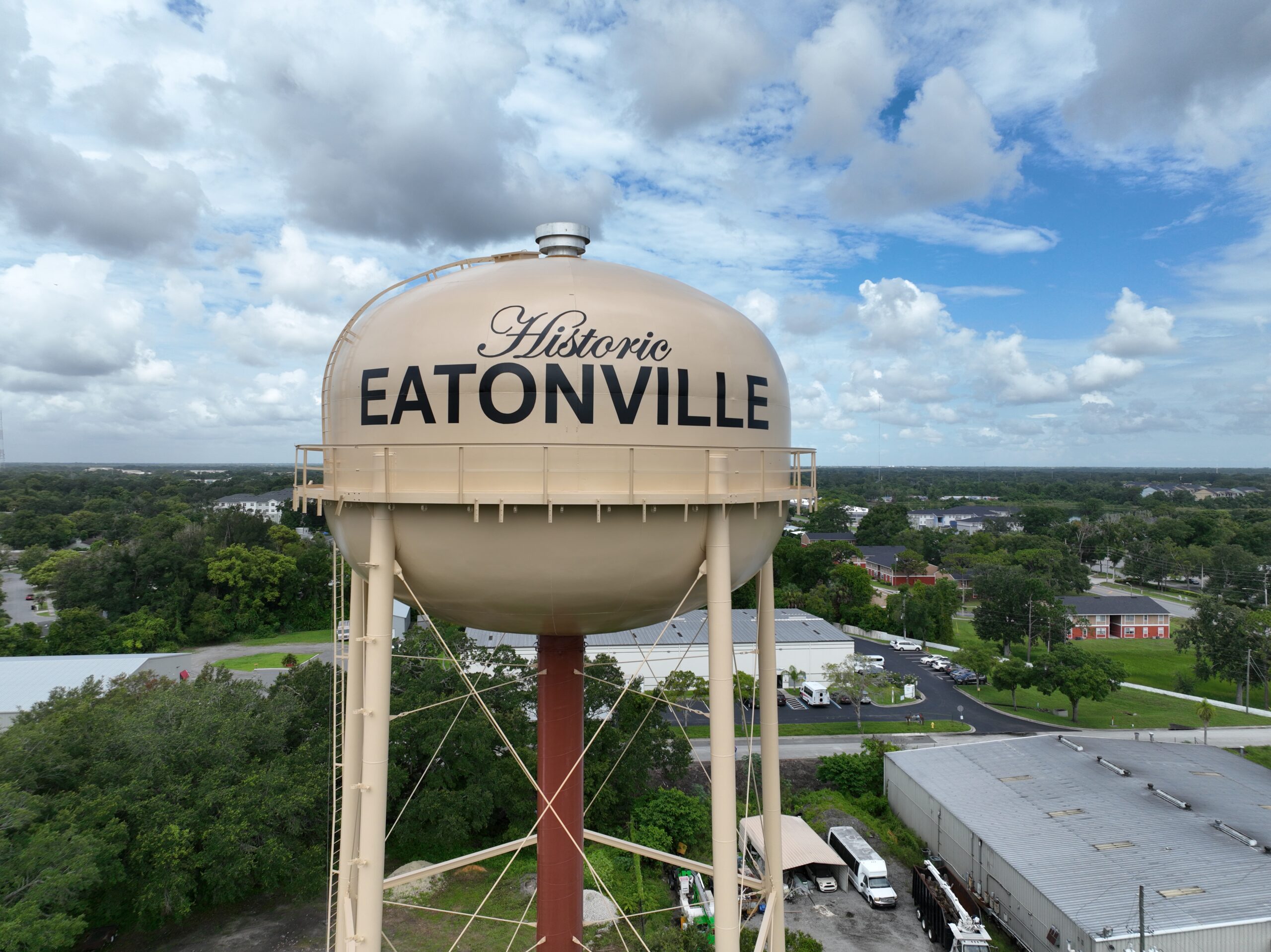
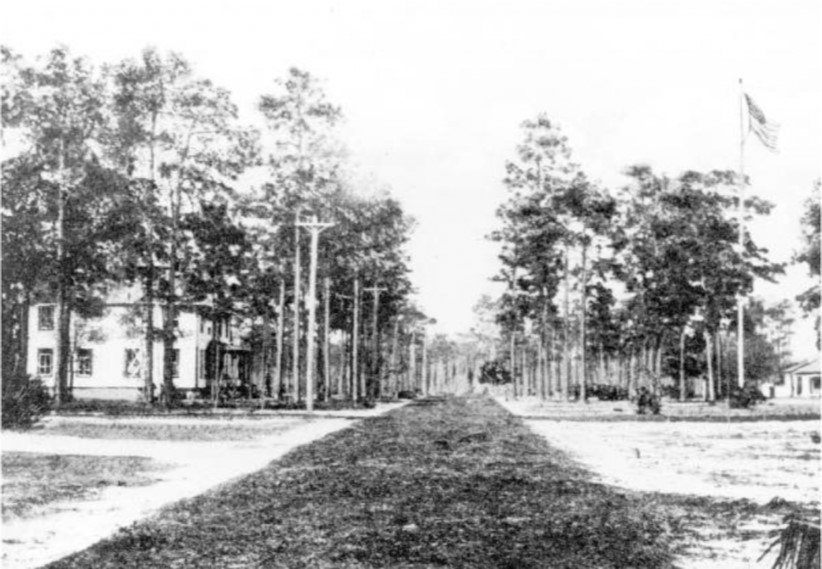
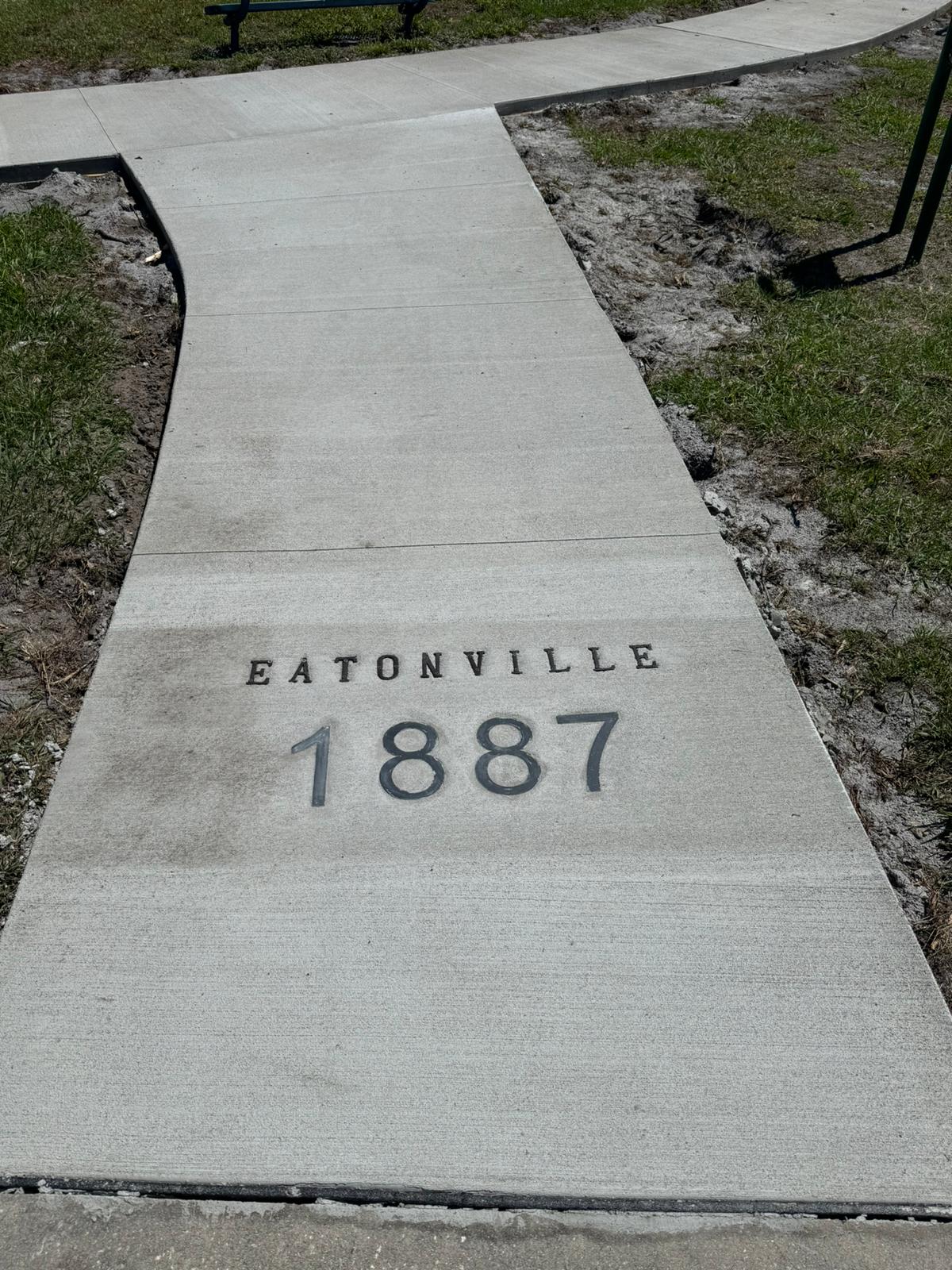
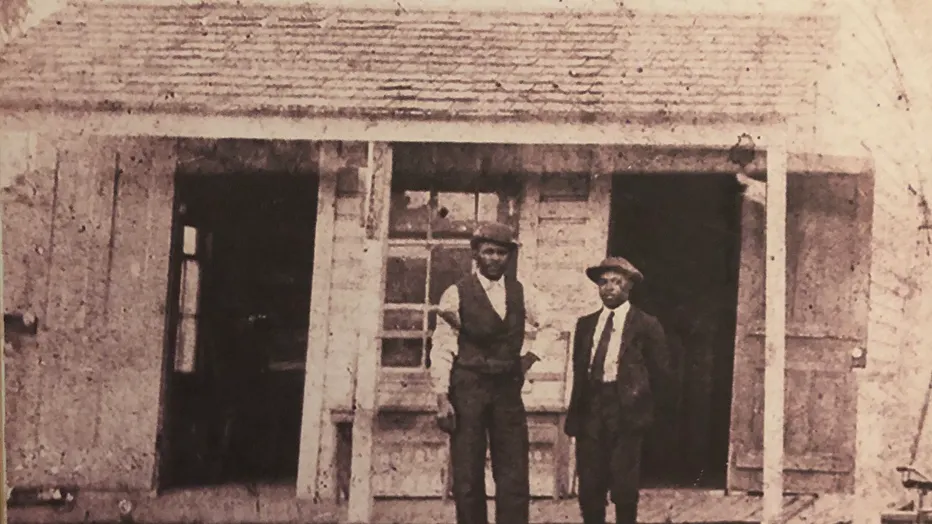
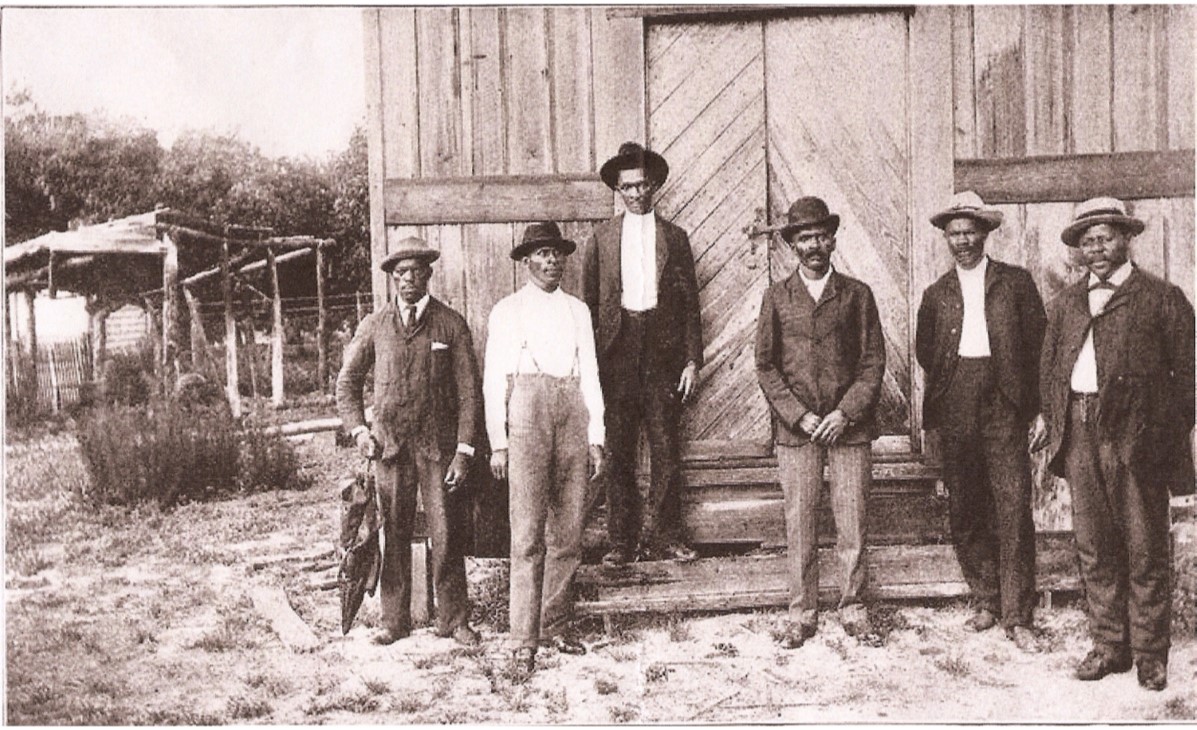
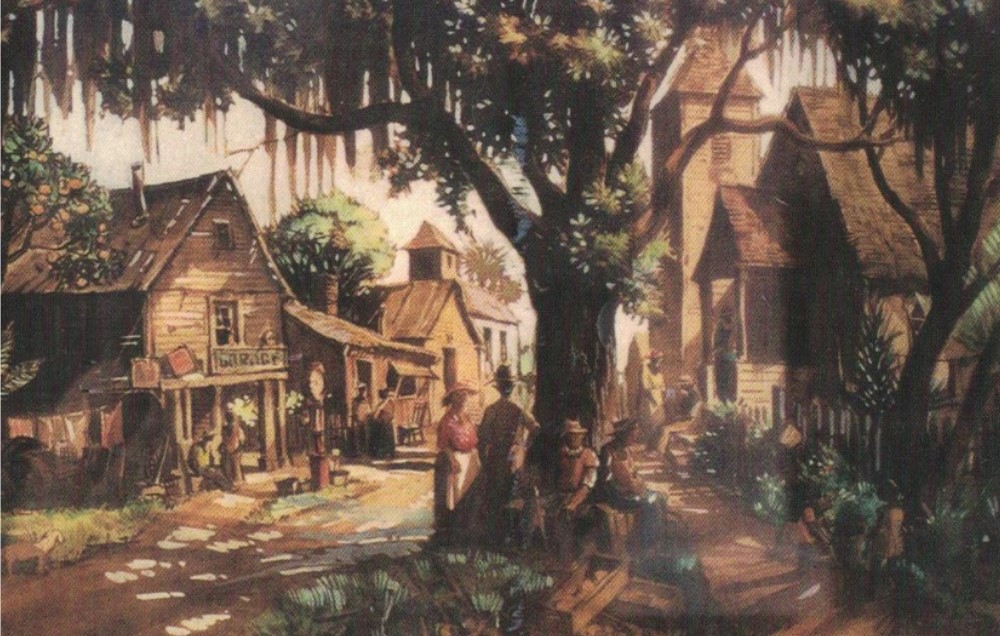
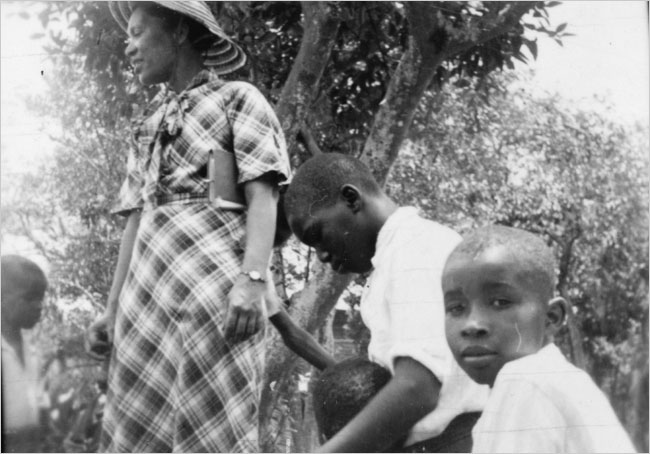
Vision Planning Details
Frequently Asked Questions
Understanding the Planning Process
What is a master plan?
A master plan is a long-term document guiding future growth and development, covering land use, transportation, infrastructure, and more.
Why is a master plan important?
A master plan sets the vision for a community’s growth, ensuring sustainable development that meets community needs and preserves cultural aspects.
How is the community involved in the master planning process?
Residents and stakeholders participate through meetings, workshops, surveys, and focus groups to shape the plan based on community input.
What elements are typically included in a master plan?
A master plan includes land use, transportation, housing, economic development, parks, public facilities, and environmental sustainability.
How long does it take to develop a master plan?
Developing a master plan can take several months to a few years, involving data collection, community engagement, analysis, drafting, and approvals.
What happens to the master planning document(s) after it is completed?
Where the documents will be stored for easy, long-term access by town residents and the broader public has not yet been determined; that answer will be formulated as part of the overall planning process. But our early plan is for the documents to be stored on a website and available for download for years to come.
Timeline
Important Events and Milestones
1880
First settlement of the community that would eventually become Eatonville
Newly freed slaves came into the area from Georgia, Alabama, and further north.
1887
The Historic Town of Eatonville—the town that freedom built—officially incorporated
The first town to be organized, governed, and incorporated by African-American citizens in the United States was born. Central to the early life in Eatonville were three institutions—the church, the school, and the family.
1907
Eatonville City Council established
Black townships like Eatonville were testaments to the African-American ability to create communities. Eatonville, under capable self-governance, provided its residents a haven from the harsh realities of segregation.
1935
Hungerford School became the premier place for Negro learning in central Florida
The school was named after Dr. Robert Hungerford, a white physician from Maitland who taught local black men to read and write. Modeled after the Tuskegee Institute and founded by Russell and Mary Calhoun, the school was designed to educate the black youth of Eatonville in a wide variety of subjects, specifically life skills.
1937
Zora Neale Hurston depicted Eatonville in her novel “Their Eyes Were Watching God”
Through her vivid storytelling, she highlighted the rich cultural heritage and resilience of Eatonville’s African American community, showcasing its significance as a haven from the harsh realities of segregation.
1946
Club Eaton opened during the times of segregation
The club was the first notable nightclub for Eatonville residents and was a popular stop on the Chitlin’ Circuit, hosting performers ranging from B.B. King to Aretha Franklin, Ray Charles, Sam Cooke, The Platters, Duke Ellington, Ella Fitzgerald, Billie Holiday, Tina Turner, James Brown, and more.
1950
The Hungerford School is transferred from its original trust ownership to Orange County Public Schools
Under the condition that the institution continues to provide education for Black children, the school transitions from private education to public.
1970
Eatonville’s population grows to 2,024
1990
The Zora Neale Hurston Museum of Fine Arts was founded
Every winter the town stages the Zora Neale Hurston Festival of the Arts and Humanities. A library named for her opened in January 2004.
1998
The Eatonville Historic District was designated and added to the National Register of Historic Places
The district is bounded by Wymore Road, Eaton Street, Fords and East avenues, and Ruffel and Clark streets. It contains 48 historic buildings.
2009
Hungerford High School closed by OCPS due to budget cuts
Hungerford Elementary School, however, continues to educate to this day.
2011–2024
More than a decade of lawsuits and potential land sales plague the former Hungerford High School site
The future of the remaining land is still unclear today.
Today
The Town of Eatonville’s master planning process is underway
This long-range master plan for the future of Eatonville will show how the town will grow and improve, including land use, buildings, parks, cultural activities, and keeping history safe.
Your Collaborative Partners in Planning
Eatonville’s master planning process is powered by you, as well as a dedicated group of professional consultants. These collaborative partners bring expertise and commitment to every aspect of this important project, ensuring that your community’s vision is realized through strategic planning and innovative solutions.



News + Events
Updates and Coming Highlights
Stay informed with the latest updates and important milestones related to the master planning process.
Upcoming Events
There are no upcoming events at this time. Please come back for updates to be announced as they are available.
Recent Press Coverage + Project News
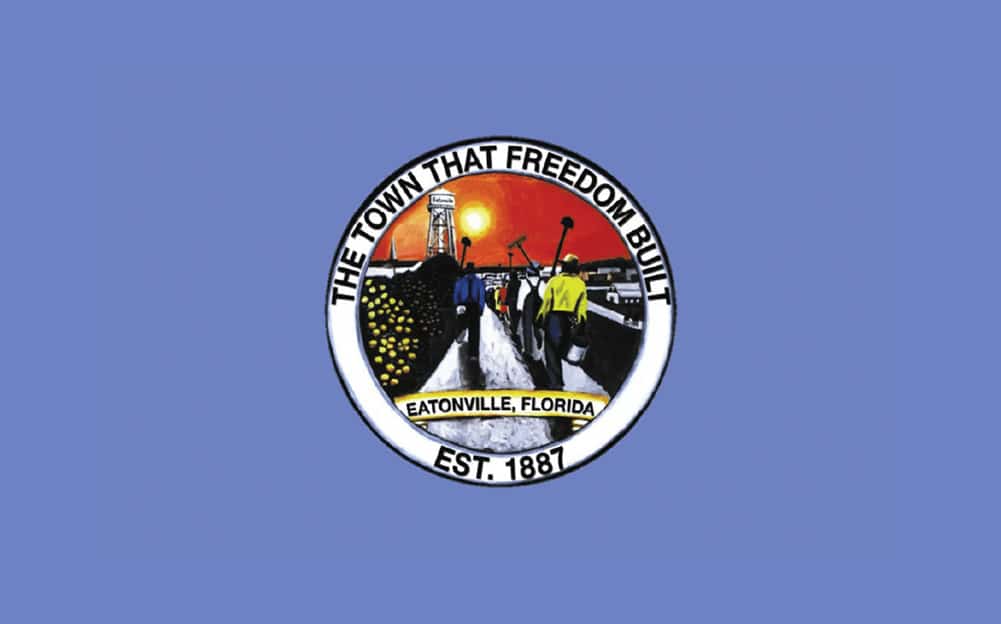
Recap: Envisioning Eatonville Workshop V, September 17, 2025
Download a PDF summary of the Envisioning Eatonville Workshop V
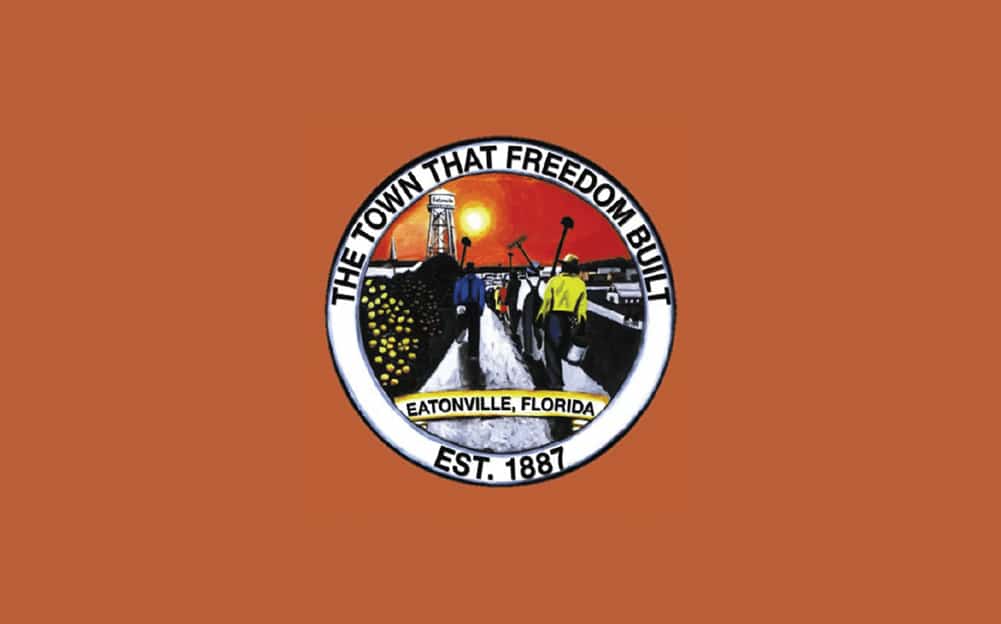
Recap: Envisioning Eatonville Workshop IV, June 11, 2025
Download a PDF summary of the Envisioning Eatonville Workshop IV
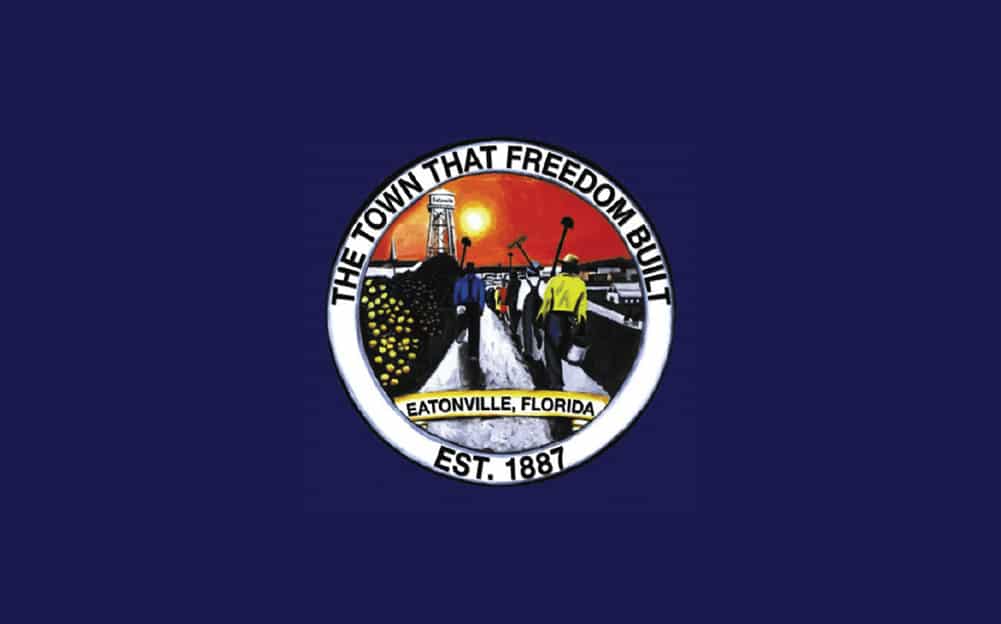
Recap: Envisioning Eatonville Workshop III, March 12, 2025
Download a PDF summary of the Envisioning Eatonville Workshop III

Recap: Envisioning Eatonville Workshop II, January 15, 2025
Download a PDF summary of the Envisioning Eatonville Workshop II

Recap: Envisioning Eatonville Workshop I, November 14, 2024
Download a PDF summary of the Envisioning Eatonville Workshop I
